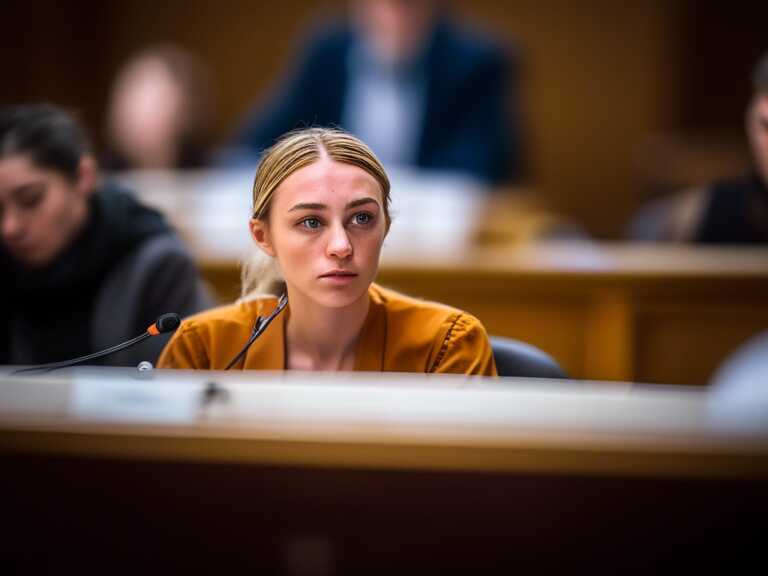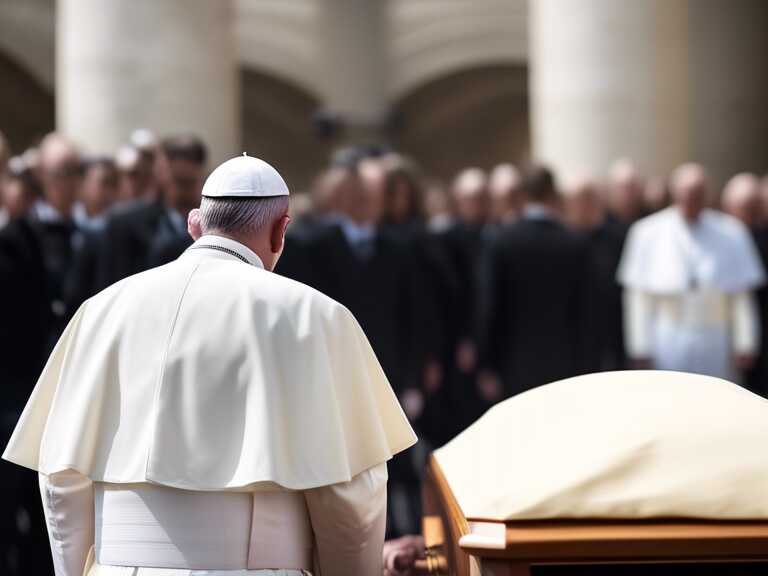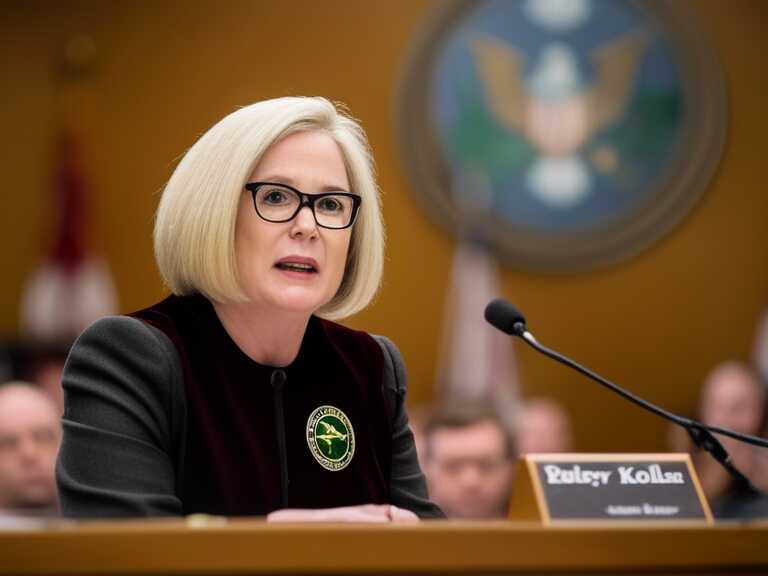
Louisiana Considers Doubling Sports Gambling Tax for College Athletics
A Louisiana bill proposes doubling the sports gambling tax to 32.5% to fund college athletics and addiction programs.

The world of college athletics is constantly evolving, with rising costs and increasing competition putting a strain on resources. To address these challenges, Louisiana lawmakers are considering a proposal that could significantly impact the funding landscape for Division I athletic programs in the state. The proposed legislation aims to more than double the tax placed on sports gambling, with a portion of the additional revenue earmarked for supporting student-athletes.
A Shift in Funding
The current tax rate on sports gambling in Louisiana stands at 15%, but House Bill 639 by Rep. Neil Riser proposes to increase it to 32.5%. This aligns with the existing tax rate on video poker, demonstrating a commitment to establishing a consistent framework for gaming-related revenue. While some of the increased revenue would be allocated to addiction programs and other social initiatives, a substantial portion would be directed towards a new fund called Supporting Programs, Opportunities, Resources and Teams (SPORT). The SPORT fund would specifically benefit student-athletes at Louisiana’s public universities that compete in NCAA Division I.
Impact on College Athletics
The proposed Sports gambling tax increase is generating considerable attention within the college athletics community. Supporters argue that the additional funding would provide a much-needed lifeline to institutions struggling to keep pace with the rising costs of maintaining competitive athletic programs. The revenue generated could be used to enhance facilities, improve training resources, and attract top talent, ultimately elevating the overall level of competition in Louisiana.
A Debate on Fiscal Responsibility
Despite the potential benefits for college athletics, House Bill 639 has also faced some opposition. Critics have expressed concerns about the potential impact of the increased tax on businesses operating in the sports gambling sector. They argue that the higher rate could stifle growth and discourage investment in the state. However, proponents of the bill counter by emphasizing that Louisiana’s existing 15% tax rate is already higher than the national average. They also point out that the proposed legislation would ensure a fair distribution of revenue, with funds allocated to support essential social programs alongside college athletics.
Broader Implications
The debate surrounding House Bill 639 extends beyond the realm of sports gambling and college athletics. It reflects a broader conversation about the role of government in funding public education and supporting various community initiatives. The proposed legislation highlights the complex interplay between revenue generation, social responsibility, and economic development. As lawmakers weigh the various arguments, they must consider the long-term implications for Louisiana’s students, athletes, and communities.
Looking Ahead
The fate of House Bill 639 remains uncertain as it moves through the legislative process. However, the debate surrounding the proposal has already sparked important conversations about the future of college athletics in Louisiana. Whether or not the bill is ultimately passed, the discussion it has ignited will undoubtedly shape the landscape of sports funding and community investment in the years to come. The outcome of this legislative battle could have far-reaching consequences for students, athletes, and taxpayers alike, making it a pivotal moment in the state’s ongoing efforts to balance fiscal responsibility with the pursuit of excellence in education and athletics.
The prospect of increased funding for college athletics through a sports gambling tax presents both opportunities and challenges. While supporters envision a brighter future for student-athletes, opponents raise concerns about potential economic impacts. Ultimately, lawmakers will need to carefully consider all perspectives before making a decision that will have a lasting influence on Louisiana’s educational and athletic landscape.
The potential allocation of sports gambling tax revenue to college athletics underscores the evolving relationship between gaming and public funding. As states grapple with budgetary pressures and seek innovative sources of revenue, the debate surrounding the role of sports gambling in supporting social programs and community initiatives is likely to intensify.
Share news














